Faculty
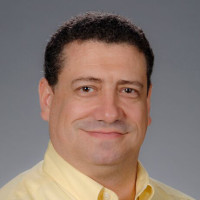 Sidney I. Dobrin
Sidney I. Dobrin
Sid Dobrin is the Chair of the English Department at the University of Florida. His research specializes in composition theory, visual rhetoric, digital rhetoric, posthumanism, and environmental rhetoric. He is the author or editor of more than a dozen books on those subjects. To view lists of his recent publications, visit Sid’s website here.
Graduate Students
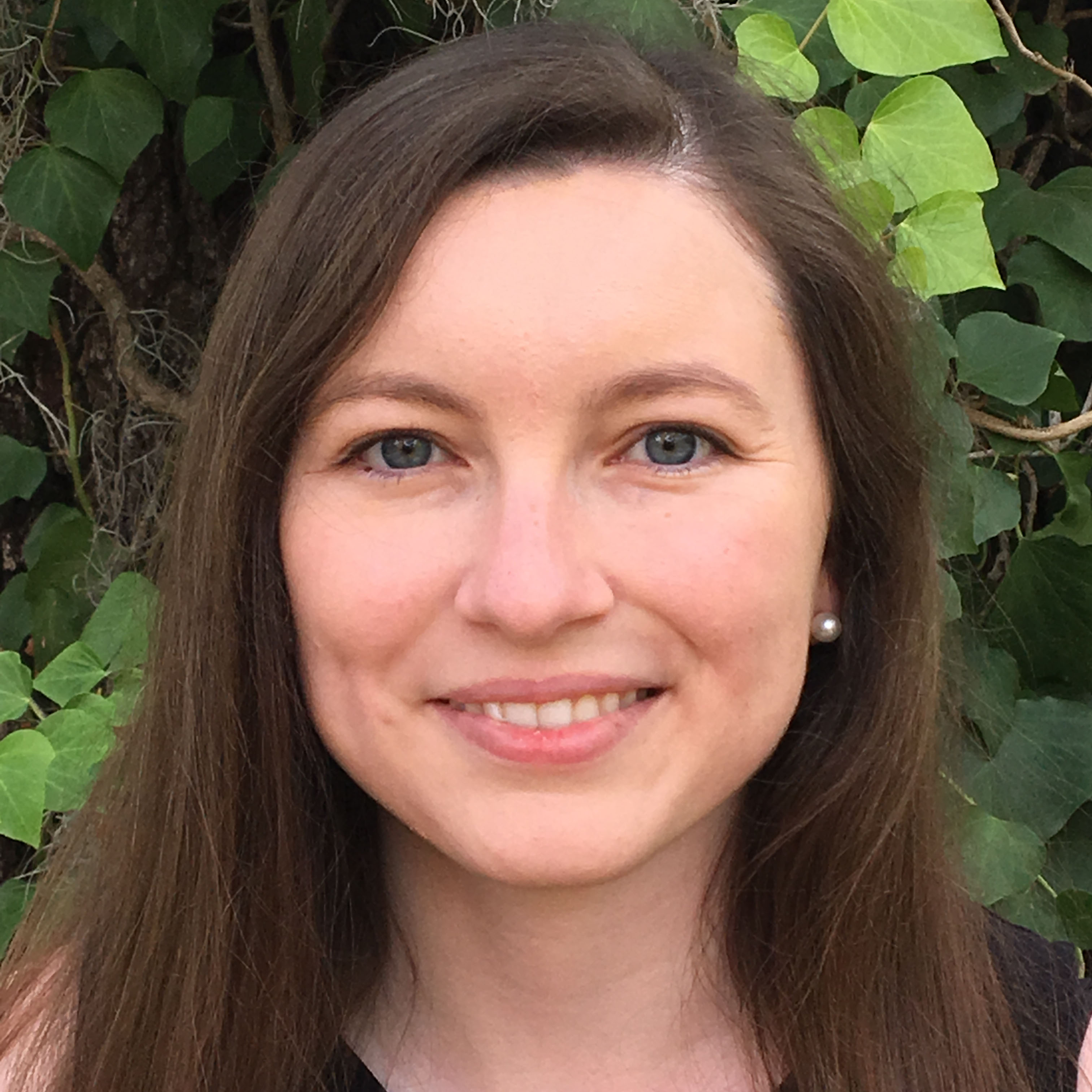 Emily Brooks
Emily Brooks
Emily Brooks is a PhD candidate at the University of Florida, specializing in history of the book, children’s literature and culture, and digital humanities (HASTAC and NEH Scholar). She is the instructor of self-designed UF courses such as Cod(ex)2position, Makeademia, Making Media Meta, Disney Then and Now, Disneyfication of American Literature and Culture, Survey of American Children’s Fantasy Literature, The History (and Future) of the Book, and Writing About Magic. Previous positions include production editor of ImageTexT: Interdisciplinary Comics Studies; co-instructor of Marston Science Library Arduino trainings; and THATCamp Gainesville committee planning member. Learn more at emilyfbrooks.com.
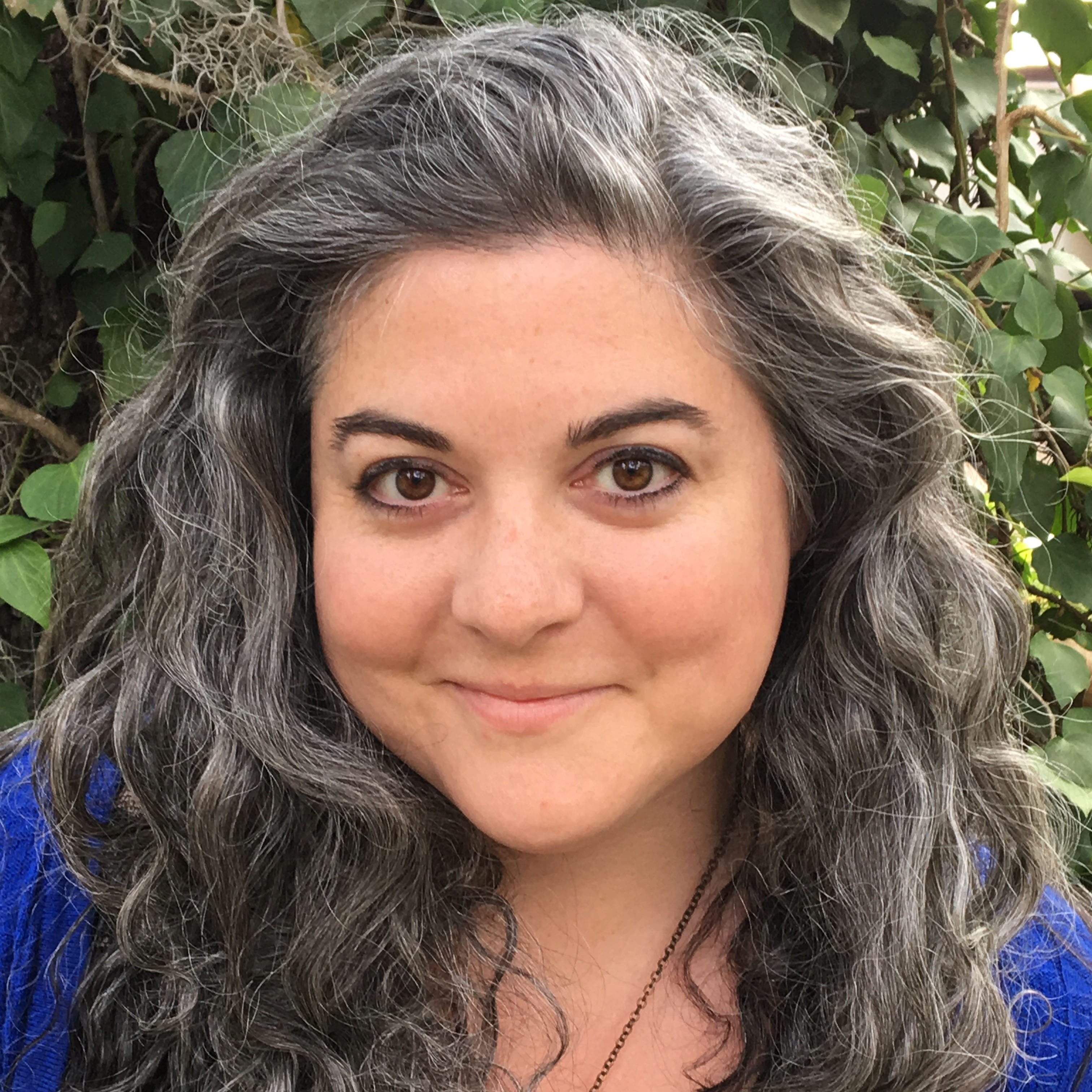 Shannon Butts
Shannon Butts
Shannon Butts is a PhD candidate at the University of Florida working in writing and media studies and critical making. Her research interests include visual rhetoric, remix writing, Digital DIY, public pedagogy, and circulation studies. Shannon’s work examines the hybrid ecology of material and digital making through technologies like 3D printing and augmented reality. In addition, Shannon teaches courses at UF focused on technical and professional communication, remix and remediation, making as writing, and writing through media.
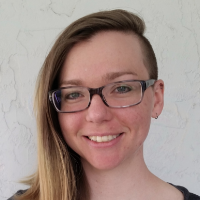 Madeline B. Gangnes
Madeline B. Gangnes
Madeline B. Gangnes is a doctoral candidate in the Department of English at the University of Florida and a graduate of the University of Dundee’s MLitt in Comics Studies program. Her main research focuses on the use of digital archives to study and teach nineteenth-century British literature. She also conducts research related to comics and visual rhetoric, augmented reality, virtual reality, and climate fiction. For more information on Madeline’s work, teaching, and publications, visit her website.
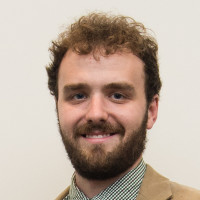 Madison Jones
Madison Jones
Madison Jones is a doctoral candidate in rhetoric and writing studies at the University of Florida. His research examines the relationship between writing and place in the age of networks. His articles have appeared in ISLE: Interdisciplinary Studies in Literature and Environment, Kairos: A Journal of Rhetoric, Technology, and Pedagogy, and elsewhere; book reviews in Digital Humanities Quarterly, ISLE, and elsewhere. He co-edited Writing the Environment in Nineteenth-Century American Literature. For recent publications and other information, visit his website.
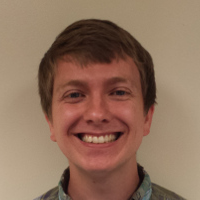 Chloe Milligan
Chloe Milligan
Chloe Milligan is a doctoral student in the Department of English at the University of Florida working in venues that combine literary and media studies around concepts of medium-specific analysis. Her research interests include experimental print literature, electronic literature, film, game studies, and media archaeology. She has presented papers on subjects such as media theory in postmodern literature, the cultural politics of digital humanities, and hypertext composition. She teaches undergraduate courses focused on close-reading literature and digital media.
Former Graduate Students
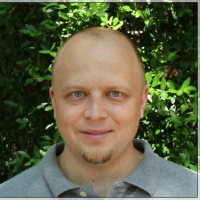 Aaron Beveridge
Aaron Beveridge
Aaron is a doctoral student in the University of Florida’s Department of English. His research intersects writing studies and data science paradigms—focusing on programming, data mining, and data-visualization as they motivate the ongoing expansion of research methods in rhetoric, writing, and the digital humanities. Grounded primarily in the study of networked writing and trend circulation, his research interests also include technical communication, the rhetoric of science, media ecology, and maker culture. Visit Aaron’s personal website: here.
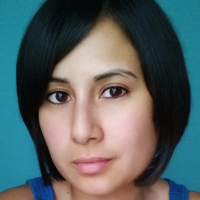 Melissa Bianchi
Melissa Bianchi
Melissa Bianchi is a Ph.D. candidate in the University of Florida’s Department of English. Her scholarly interests include digital rhetoric and composition, game studies, and ecocriticism. Her research appears in Digital Environments (2017), Revenant (2016), Green Letters (2014), and elsewhere with forthcoming pieces in Ecozon@ (2017). Her dissertation argues for critical engagement with the representation of animals and human-animal relations in several video game genres. In addition to her research endeavors, she teaches undergraduate rhetoric and composition courses at UF about a variety of topics including digital media, animal studies, and visual culture.
 Kyle Bohunicky
Kyle Bohunicky
Kyle Bohunicky is a Ph.D. candidate who studies writing, digital media, and rhetoric in the University of Florida’s English Department. His dissertation theorizes and analyzes how players write with and through digital games. He is a co-author of “How World of Warcraft Could Save Your Classroom: Teaching Technical Communication through the Social Practices of MMORPGs,” published in Computer Games and Technical Communication. He has also published “Ecocomposition: Environmental Writing in Minecraft,” appearing in Green Letters. Kyle teaches undergraduate courses on critical methods for writing and reading in digital spaces.
 Jacob Greene
Jacob Greene
Jacob Greene is an English Ph.D. candidate with a focus in writing studies and digital rhetoric. His research explores how mobile technologies operate as platforms for public writing and catalysts for social change. To learn more about Jacob’s research and teaching, visit http://www.jacobwesgreene.com/.
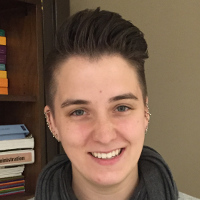 Ashley Manchester
Ashley Manchester
Ashley is a doctoral student in the Department of English at the University of Florida. Her research interests include comics and visual rhetoric, feminist theories, and queer studies. Her current work examines the formal and structural properties of graphic literature as related to visual representations of LGBTQ individuals.